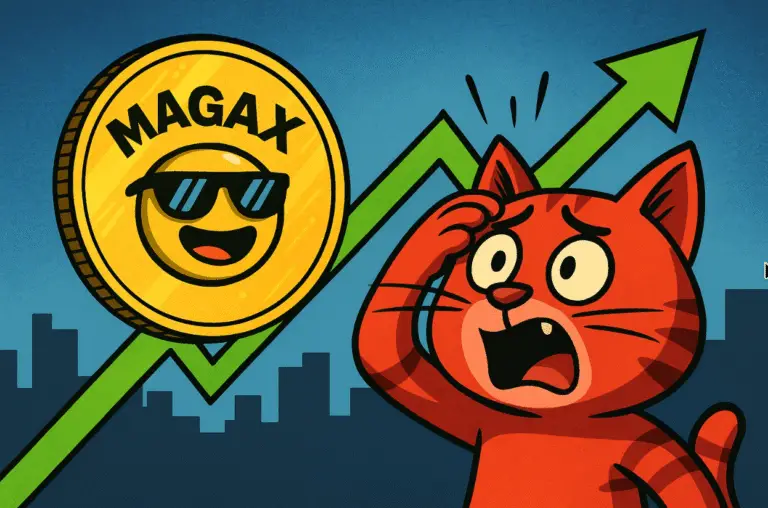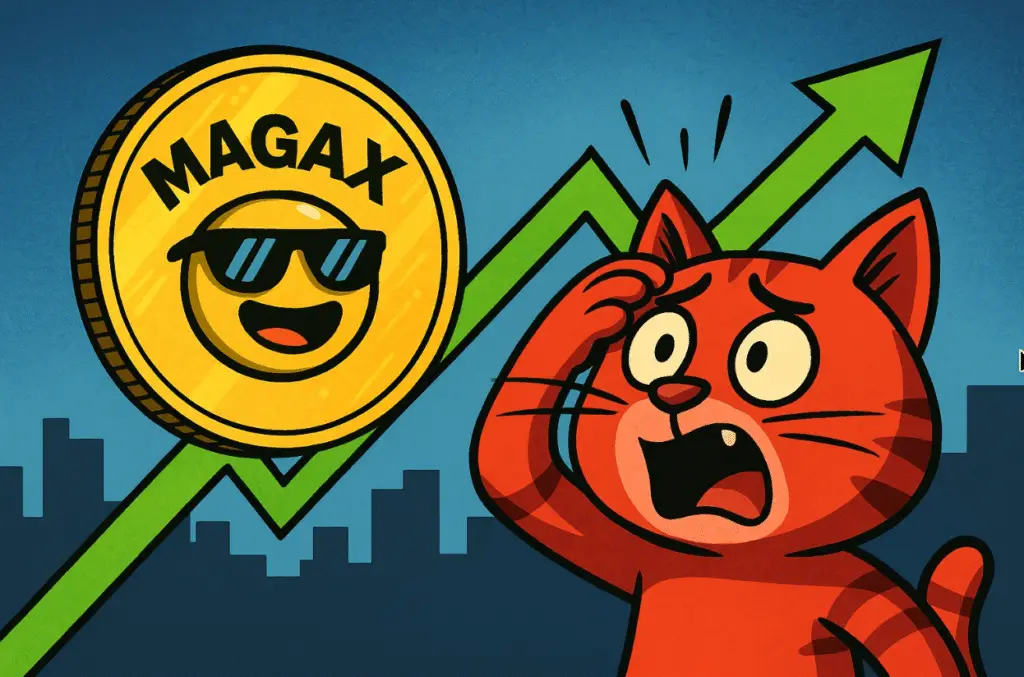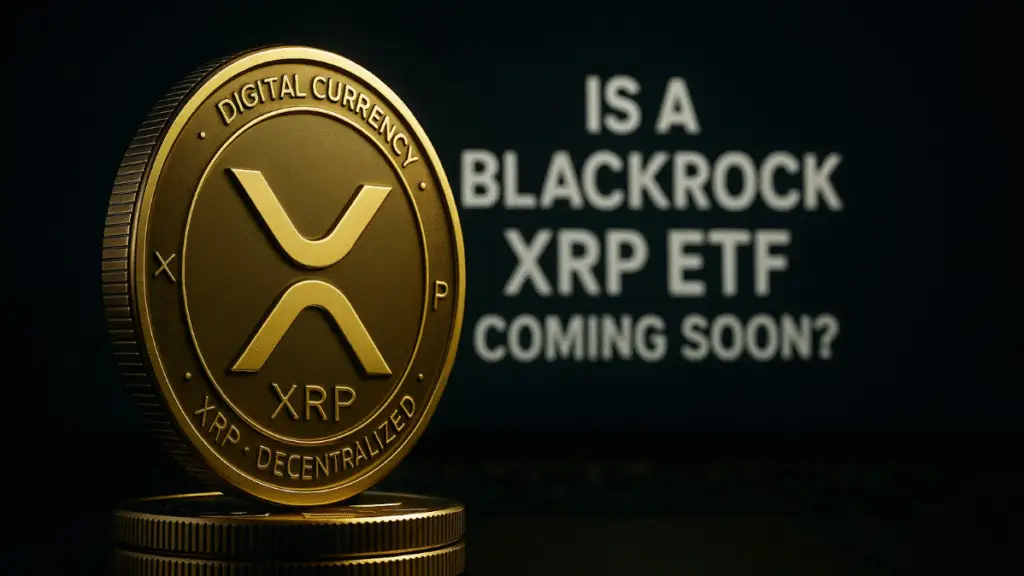In a decisive move to combat a growing wave of financial scams, the Spokane City Council in Washington State has unanimously voted to ban all virtual currency kiosks, including crypto ATMs, from within city limits. This ordinance directly targets approximately 50 machines currently located in various convenience stores, gas stations, and major retail outlets such as Safeway and Walgreens. Operators of these machines now face a strict 60-day deadline for their removal, or risk incurring significant fines and the potential loss of their business licenses, signaling the city’s firm commitment to protecting its most vulnerable residents from digital asset fraud.
A Citywide Ban on Crypto Kiosks
The Spokane City Council’s recent unanimous vote effectively bans all virtual currency kiosks across the entire city, a measure specifically targeting crypto ATMs. This broad ordinance applies to a significant number of machines, estimated at around 50, which are currently dispersed throughout various local businesses. These locations include everyday convenience stores, gas stations, and even major retail chains like Safeway and Walgreens, highlighting the widespread presence of these devices before the new prohibition.
Strict Deadline for Operators
Following the council’s vote, operators of these cryptocurrency kiosks now face a stringent deadline for compliance. They must ensure the removal of all their machines from Spokane within 60 days of the ordinance’s enactment. Failure to adhere to this strict timeframe will result in severe consequences, including the imposition of fines. Furthermore, non-compliant operators also risk the potential loss of their business licenses, underscoring the city’s resolute commitment to enforcing this new regulation and swiftly addressing the perceived threat posed by these machines.
Protecting Vulnerable Residents from Scams
A primary driver behind the Spokane City Council’s decision was the escalating concern over the threat these kiosks pose to vulnerable residents, particularly the elderly. Council members highlighted numerous instances where seniors have tragically fallen victim to sophisticated scams facilitated through these machines. Council Member Paul Dillon specifically characterized crypto ATMs as “preferred tools” for fraudsters, explaining that they exploit the decentralized nature of cryptocurrency and the limited tracking options for stolen funds, making recovery efforts exceedingly difficult for victims.
Local Action After State Delays
The Spokane City Council’s move to implement a local ban came only after initial attempts to secure state-level regulation proved unsuccessful. The council had actively sought a statewide legislative solution to address the growing issue of crypto kiosk-related scams. However, in the face of legislative delays and inaction at the state level, Spokane opted to take decisive local action. This proactive approach underscores the urgency the city perceived in tackling the problem, choosing to implement its own ordinance rather than waiting for broader state-mandated changes.
FBI Data Highlights Widespread Fraud
The urgency felt by Spokane officials is supported by national data regarding crypto-related fraud. The FBI estimates that a staggering $5.6 billion of the total $6.5 billion lost nationwide to fraud, scams, and extortion in 2023 involved crypto kiosks. This alarming statistic highlights the significant role these machines play in facilitating illicit activities across the country. Disturbingly, seniors, despite representing a smaller percentage of the overall population, accounted for nearly half of these substantial losses, underscoring their particular vulnerability to such scams.
Tragic Local Consequences
Spokane Police Detective Tim Schwering provided poignant local context to the problem, reporting numerous cases where victims were cruelly deceived into purchasing cryptocurrency through these kiosks. These scams frequently involved fraudsters impersonating authoritative figures such as law enforcement or tax officials, exploiting victims’ trust and fear. Tragically, Detective Schwering also revealed that several local suicides have been directly linked to these devastating scams, underscoring the severe human cost and the profound emotional distress inflicted by such financial exploitation.
Decentralization and Limited Tracking
A key characteristic of cryptocurrency that fraudsters exploit is its decentralized nature, which often results in limited tracking options for stolen funds. Unlike traditional banking transactions that leave clear audit trails, crypto transactions can be more difficult to trace once they leave an exchange or wallet. This inherent feature, while fundamental to the ethos of cryptocurrency, unfortunately makes it an attractive medium for scammers seeking to quickly move and hide illicit gains, creating significant challenges for law enforcement agencies attempting to recover stolen assets for victims.
A Precedent for Other Cities
Spokane’s unanimous decision to ban crypto ATMs sets a significant precedent for other cities and municipalities grappling with similar issues of kiosk-related scams and the challenges of cryptocurrency regulation. While initially seeking state-level intervention, the city’s swift local action demonstrates a willingness to address emerging financial threats directly. This bold move could inspire other local governments to implement similar ordinances, particularly if state or federal regulatory progress remains slow, potentially leading to a patchwork of localized bans across the nation as cities prioritize protecting their citizens from evolving forms of digital fraud.















